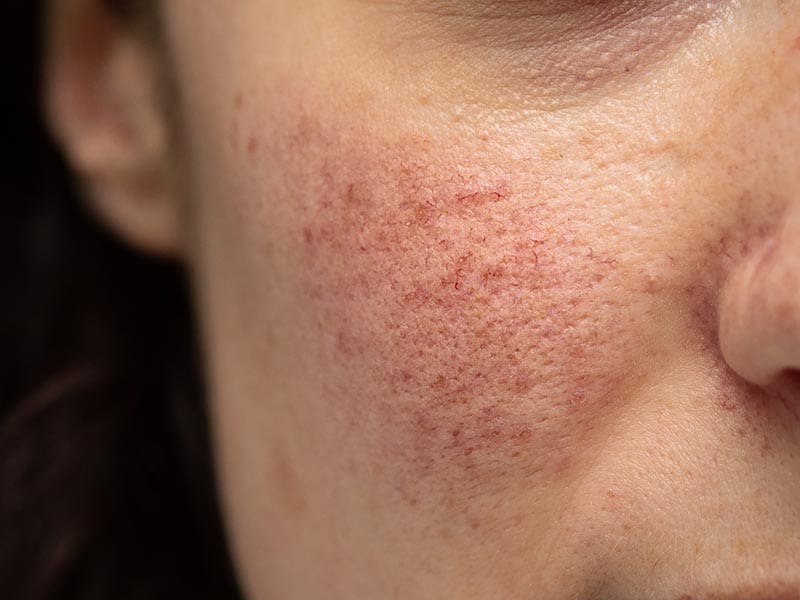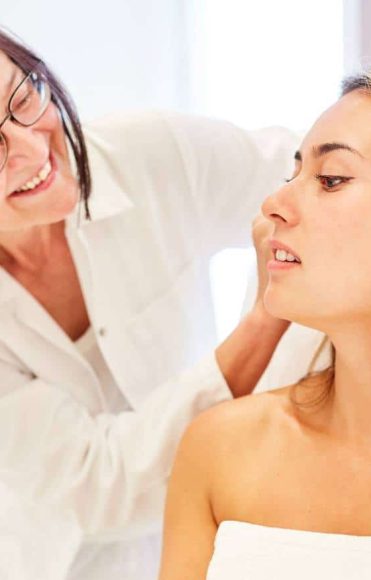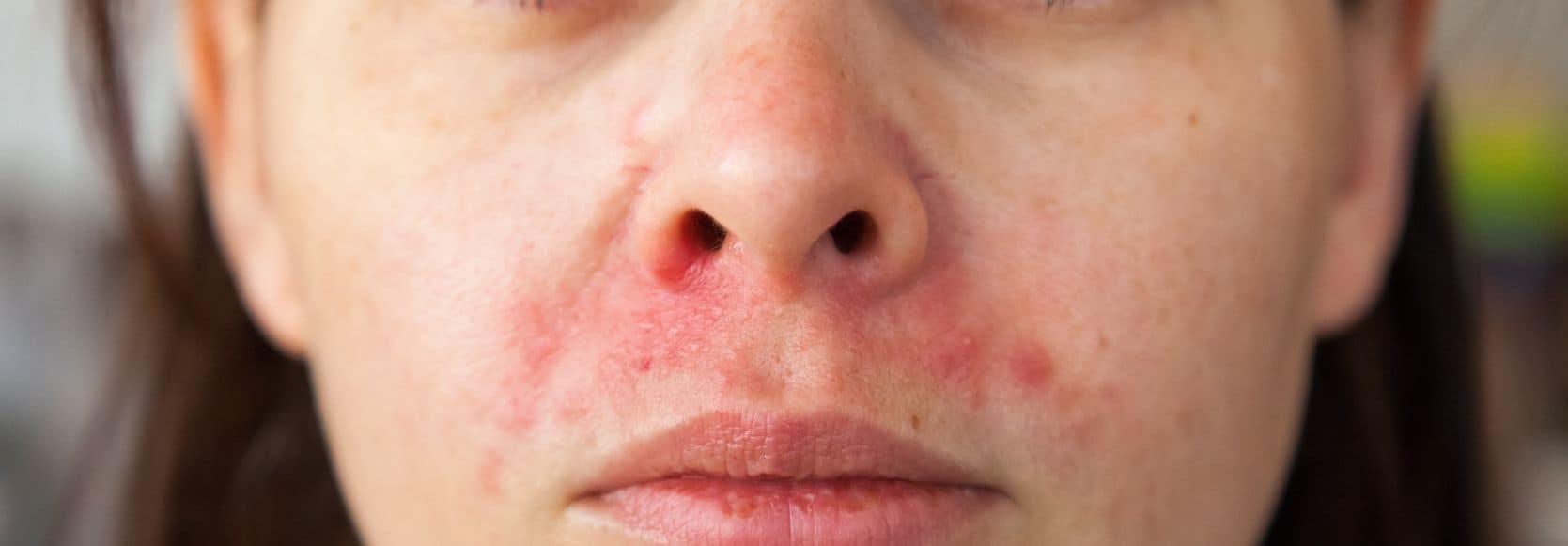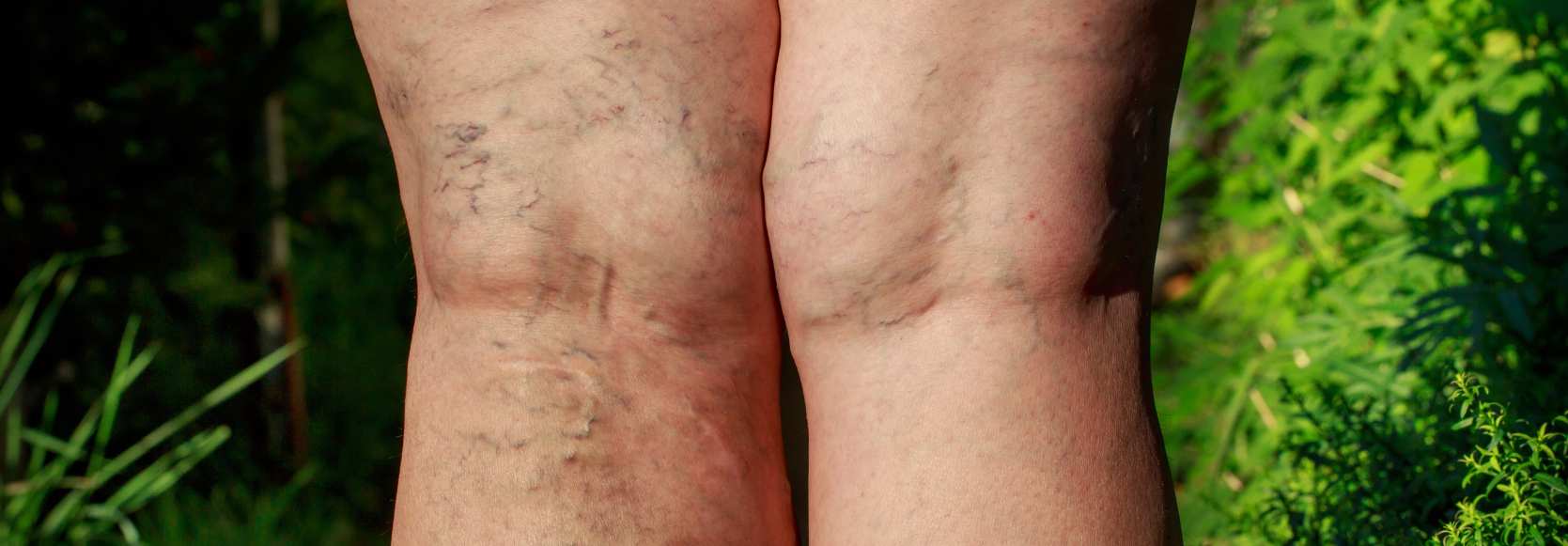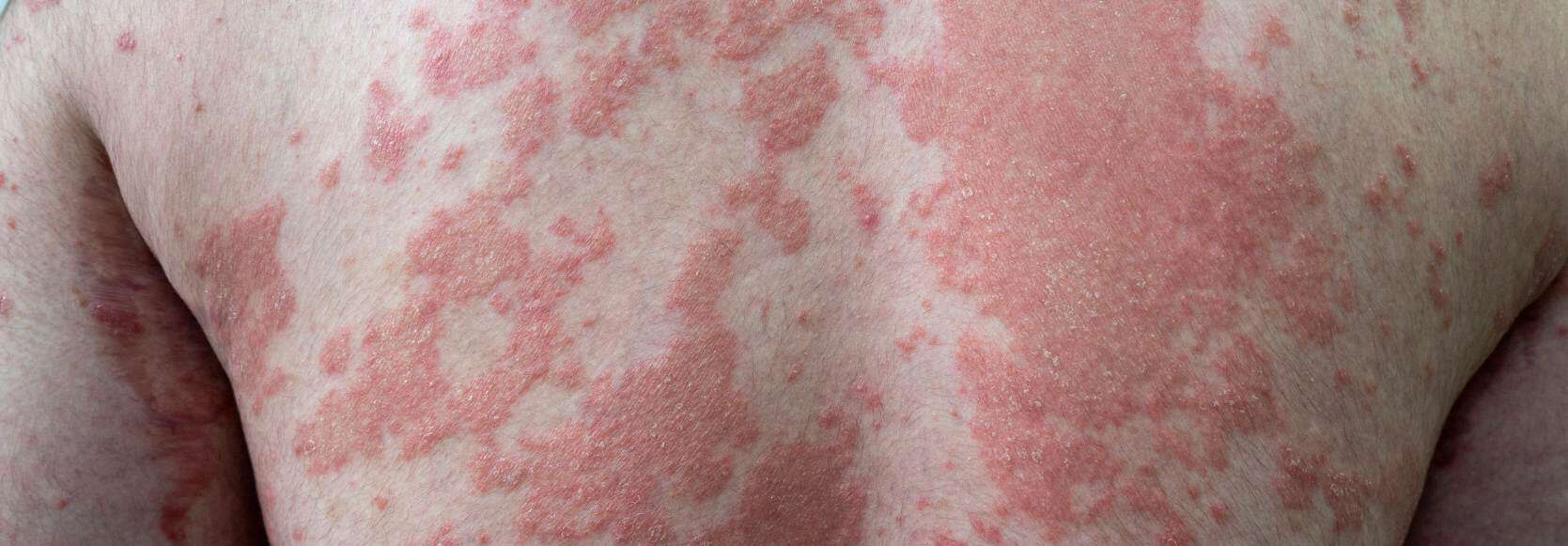Rosacea causes and treatment options
Rosacea is a common condition, far more common than you may think.
In fact, 1 in 10 of us suffer from the symptoms of Rosacea, particularly in women between 30-60 years of age. Symptoms can be variable, including redness, flushing, skin sensitivity, dry itchy skin and spots. It can also affect the eyes and the nose.
We are all aware that weather, stress, certain foods and alcohol can aggravate Rosacea, but did you know that certain foods even chocolates, bananas, avocado, spinach and pork can be pro-inflammatory? Yet there is a recent article that claims caffeine can reduce the symptoms of rosacea.Management includes using products for sensitive skin such as the Medik8 range which we use in the clinic; topical and/ or oral products on prescription; and medical grade IPL treatments to target the broken veins, redness and flushing. Botulinum toxin has also been used to help with the flushing and redness symptoms, but at a very different dilution to that used for dynamic lines and wrinkles.
So our top tips for management of rosacea would be:
- Use suitable products for daily routine – Medik8 has a calming cleanser which is perfect and a redness calming serum to soothe the skin.
- Apply sun protection – use a product suitable for sensitive skin e.g. Skinceuticals mineral defence SPF 50 or Heliocare range.
- Avoid triggers – these are so variable but rosacea sufferers know what exacerbates their symptoms.
- Topical treatments that may help include Ivermectin cream, Azaleic cream/gel, Metronidazole cream, Brimonidine gel.
- PDL and IPL – If you have symptoms of redness and flushing consider having pulsed dye laser or intense pulsed light treatments. We offer both treatment modalities at the St. Michaels Clinic. These are the most effective long-term solution for fixed redness. If you are considering having these light treatments, it is important to seek out MEDICALLY trained laser specialists who offer these treatments. About 85% of patients who have these treatments improve and are very happy with the results.
- Oral medication – low dose Doxycycline (Efracea). This is a low dose version of the antibiotic at a level that does not have any antibiotic properties but is is specifically licensed for the treatment of Rosacea in the UK. It is very effective in controlling red spots, papules and pustules.
- Consider seeing a Dermatologist – Consultant Dermatologist are doctors who are skin specialists. They have completed further Dermatologist Specialist Training after they graduated. They are listed under Dermatology in the doctors specialist register in the GMC register. We realise that there are many so called skin specialists advertising their services, but to truly see an expert in skins, a Dermatologist is the only suitably qualified person. If you have any concerns about the diagnosis or management of your skin condition, a Dermatologist will offer you an expert opinion and guide you on the right treatment path.

